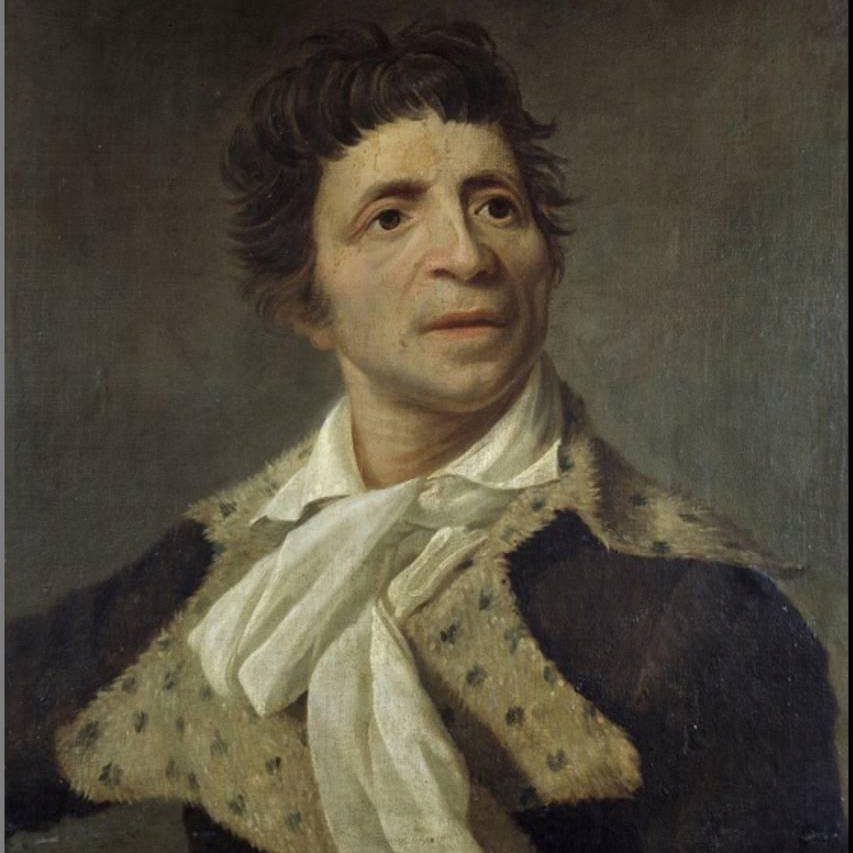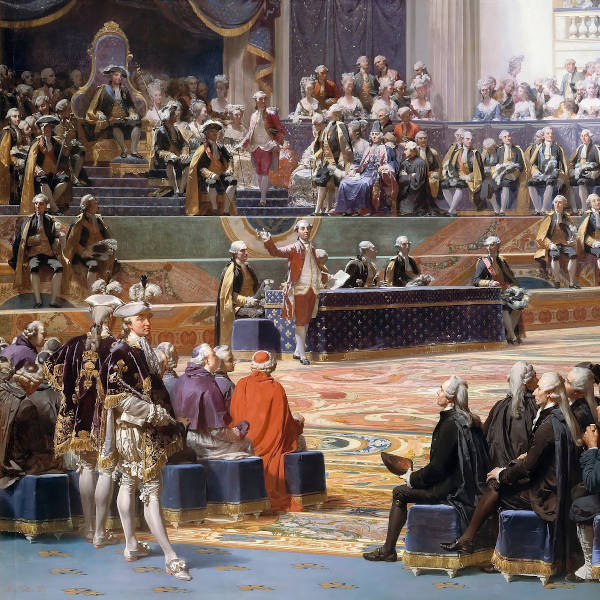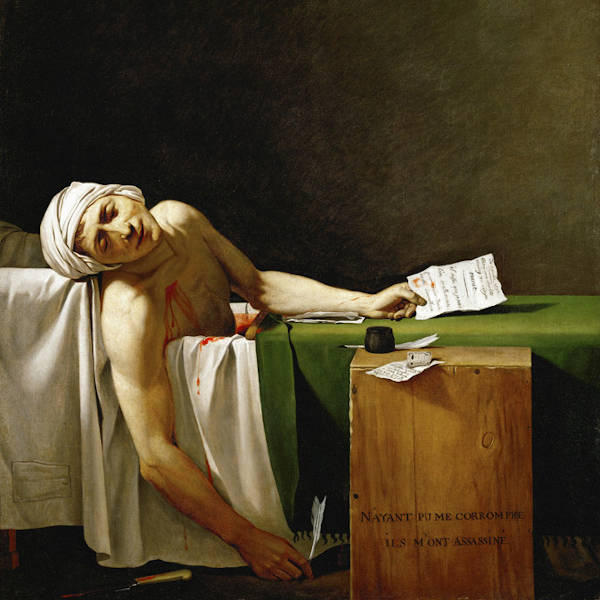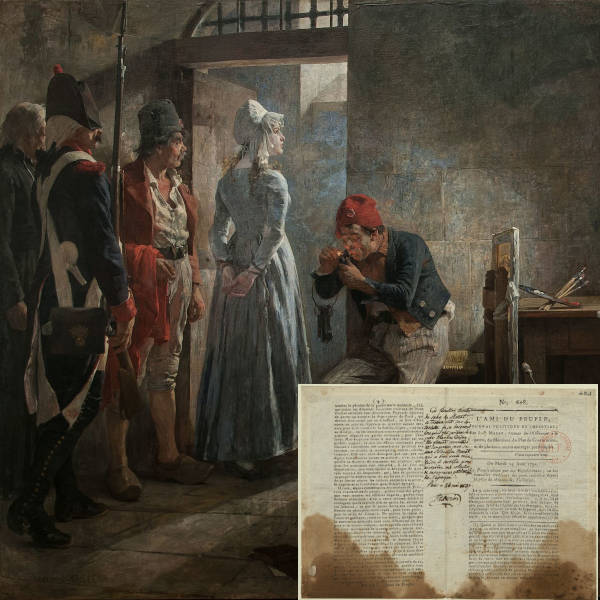DNA spotlight
Jean-Paul Marat - Revolutionary France

The future French Revolutionary Jean-Paul Marat left home at the age of 16 to train in medicine and would eventually settle in Newcastle upon Tyne where he gained a reputation as being a highly efficient doctor who also had an interest in political writings. He moved back France 6 years later and his medical skills earned him the patronage of the aristocracy. He used his new found wealth to found a scientific laboratory where he began studies on fire, heat, light and electricity - he was even visited by Benjamin Franklin. Despite his new status and success, he began so spend a lot of time discussing and writing about social injustice.

As Louis XVI struggled to maintain power in the late 1780s by assembling the Estates-General for the first time in 175 years, Marat decided to end his research and medical profession to focus entirely on his passion for politics. He began writing on the topics of social, economic and religious reforms - this manifested itself in numerous vicious attacks on those he proclaimed were enemies of the people. His newspaper called for extreme violence against the upper class and government provoking statements such as five or six hundred heads cut off would have assured your repose, freedom and happiness. After reaching fame, He was elected to the National Convention in 1792 where he actively supported the death of the deposed King in a trial.

Due to the potent and dangerous nature of his writings, Marat was forced periodically to go into hiding in Paris's extensive sewer network. This is believed to have caused a skin condition which required him to spend hours bathing in a medicinal bath. On the 13th July 1793, Marat allowed a young woman named Charlotte Corday to visit him in this bath - she came under the pretense of posessing a list of supposed traitors. However in reality she was a Royalist sympathizer who had come to seek revenge. Corday plunged a kitchen knife into Marat's chest severing a major artery. He quickly died as a result of major blood loss.

The parchment in Marat's hand was covered in blood and was used to sample his DNA. Corday was quickly put on trial and guillotined in Paris within 4 days. Marat's funeral was a big event in Revolutionary France, and every member of the National Convention came. The infamous Marquis de Sade - french nobleman, revolutionary politician, serial rapist and philosopher delivered the euology - the modern word sadism derives from his name. Marat's bathtub and Corday's knife were sold to the Musée Grévin in Paris where a wax figure depicting this assasination sits today.
Jean-Paul Marat Revolutionary France
- Sample ID: Marat
- Year: 1793 AD
- Sex: Male
- Location: 49.1846,-0.4073



